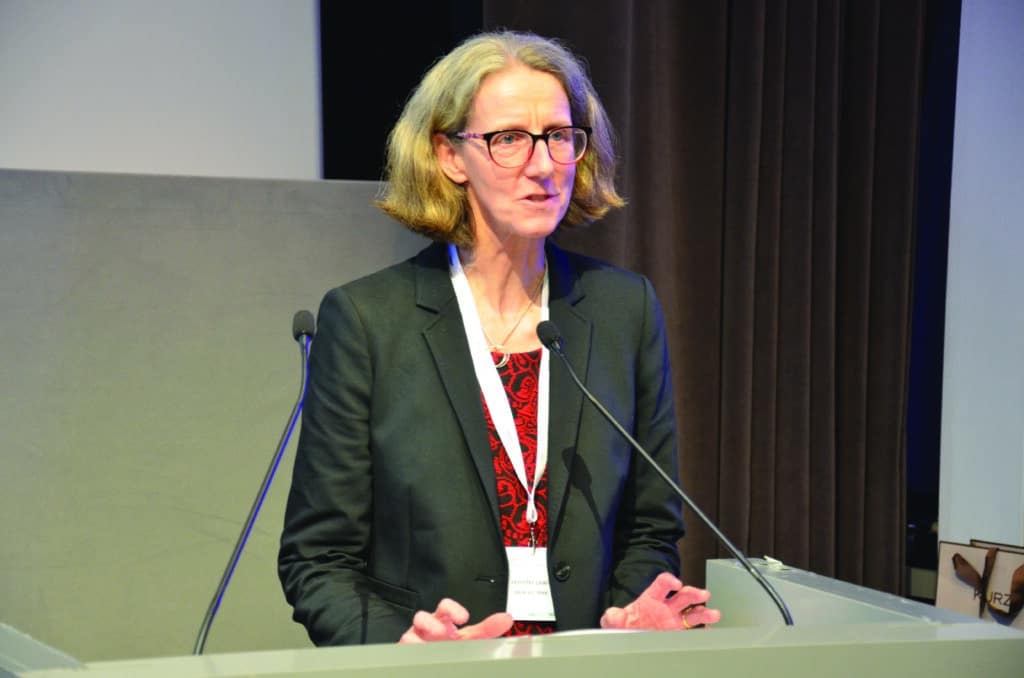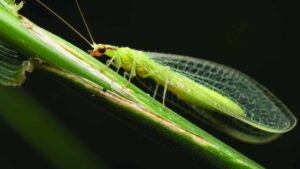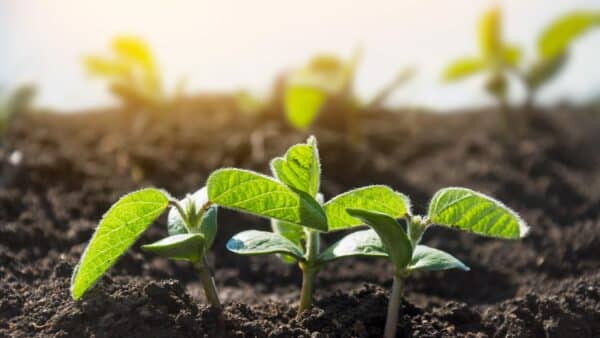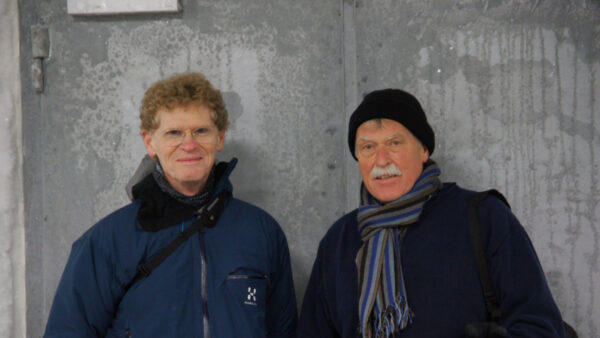Why It Matters
The EU F2F Strategy has set several ambitious targets to be achieved by 2030. One of those targets is to reduce the overall use and risk of chemical pesticides and reduce the use of more hazardous pesticides, both by 50%. But in order to make this work, farmers will need alternatives. In our search of those alternatives, European Seed came across the International Biocontrol Manufacturers Association (IBMA) and spoke with Jennifer Lewis, Executive Director and Isabelle Pinzauti Babrzyński, Senior Advocacy and Outreach Manager at the IBMA.
European Seed (ES): Can you explain in a nutshell what the IBMA is, and explain a bit about its activities?
Jennifer Lewis (JL): The IBMA represents the biocontrol industry with over 230 member companies globally. It is the voice of biocontrol for a sustainable and resilient global agriculture which aims for a healthier food system to benefit farmers, the environment and consumers. By working with nature, our members are leading the way in innovative and effective biocontrol for agriculture, forestry and public health. The IBMA was founded 27 years ago by its members. and has its office in Brussels.

ES: You mentioned ‘biocontrol’, which seems to encompass quite a number of technologies. How does IBMA describe biocontrol?
Isabelle Pinzauti Babrzyński (IPB): The biocontrol technologies originate from nature, either directly or if synthetized they are identical to nature. They are used to manage pests, weeds and diseases in agriculture as well as home, garden and forestry. Our biocontrol solutions achieve the sustainability goals that consumers urgently demand for food safety, human health and protection of the environment.
At the moment, there is no official European Union definition for biological control, biocontrol, also known as bioprotection. We separate four different categories of solutions:
- Microbials are based on microorganisms, including but not limited to bacteria, fungi, protozoans, viruses, viroids, peptides, mycoplasmas, and may include entire microorganisms, living and dead cells, any associated microbial metabolites, fermentation materials and cell-fragments.
- Semiochemicals are substances emitted by plants, animals and other organisms used for intra-species and/or inter-species communication and have a target-specific and non-toxic mode of action.
- Natural Substances consist of one or more components that originate from nature, including but not limited to: plants, algae/microalgae, animals, minerals, bacteria, fungi, peptides, protozoans, viruses, viroids and mycoplasmas. They can either be sourced from nature or are nature identical if synthetized. This definition excludes semiochemicals and microbials.
- Invertebrate Biocontrol Agents (also called macrobials) are natural enemies such as insect, mite and nematode species providing control of pest populations through predation or parasitism.
The first three categories of biocontrol are regulated under EC Regulation 1107/2009 the same regulation that is used for placing chemical plant protection products (pesticides) onto the market. Invertebrate biocontrol agents are regulated nationally.

ES: What are some of the benefits of using biocontrol technologies?
JL: Biocontrol enhances biodiversity and soil health, and are generally safer for the farmers to use. Another key benefit of biocontrol is that that it is very target specific, and therefore respects the nontarget fauna and flora, so minimizing environmental impact. They don’t just work like pesticides, by killing the pest, but they also work by regulating the pest for example stopping mating. For example, with pheromones, it prevents the male and the female meeting. So, the eggs are not fertilized and the larval pest does not develop and the fruit remains pest free.
The use of biocontrol reduces the risk of chemical contamination. In terms of human health, it means less exposure to chemical pesticides for farm workers and no chemical residues in food.
IPB: Efficacy of biocontrol is well proven with many farmers worldwide satisfied and relying on biocontrol to farm profitably. And biocontrol is also an enabler for sustainable farming, to allow farmers to start the transition towards a more agroecological approach or what we refer to as a biology first approach. The idea is that farmers should work with nature, and with the ecosystems. This is based on agronomic practices including landscape features, crop rotation and resistant varieties. When combined with monitoring and mechanical and physical control it can minimize the need for chemical control.
In the programmes sometimes you can replace chemical control directly by biological control, but most of the time a farmer will need to reassess his approach, adapting the rotation, varieties or timings of the operation, taking a more holistic approach working with nature.
Stay tuned for part two.













